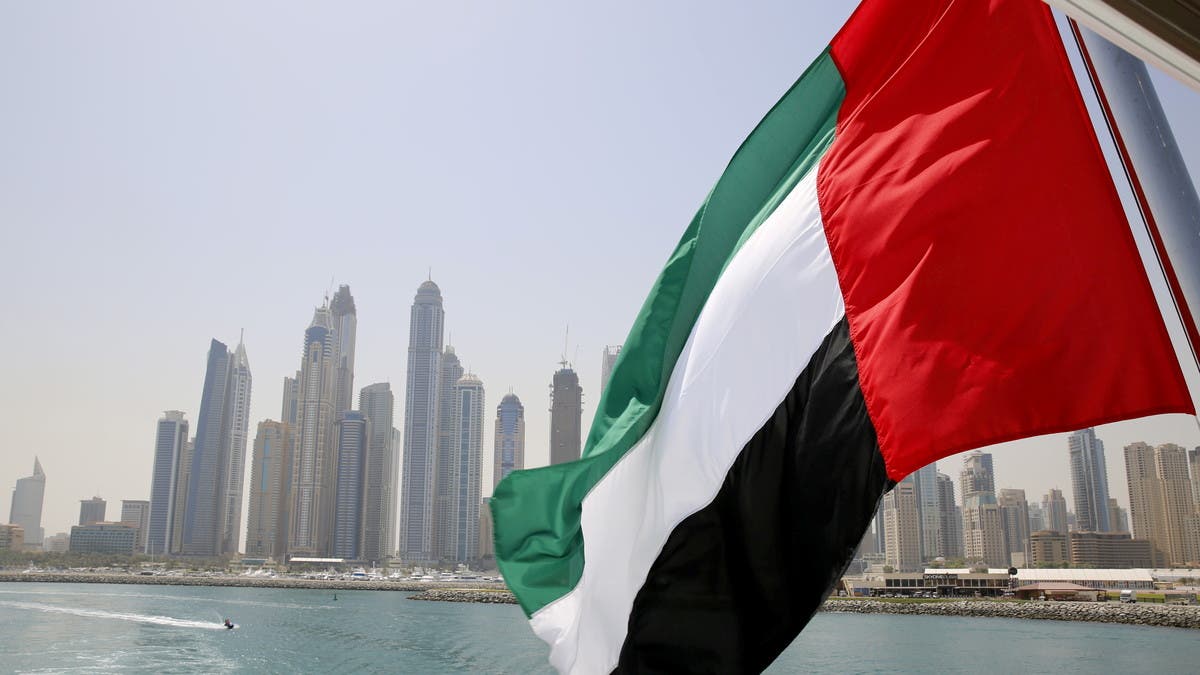The United Arab Emirates has announced that it is to move to a 4.5 day working week, with weekends to transition to Saturdays and Sundays.
The new system will apply to federal government entities, the country’s media office announced on Tuesday, with Friday afternoon, Saturday and Sunday forming the new weekend. A government circular said the change will also apply to schools.
For all the latest headlines follow our Google News channel online or via the app.
From Monday to Thursday, official working hours will be between 7:30 am until 3:30 pm.
Fridays will be a 4.5-hour day, from 7:30 am until 12 pm.
Alongside the move, Friday sermons and prayers across the UAE will be held from 1:15 pm.
The media office said it would also allow the possibility of flexible wokring hours and work-from-home options on Fridays.
It said the longer weekends would help boost productivity and improve work-life balance.
All federal government departments will move to the new weekend from January 1.
The UAE is the first nation in the world to introduce a national working week shorter than the global five-day week, state news agency WAM reported on Tuesday.
It said: “Adopting an agile working system wll enable the UAE to rapidly respond to emerging changes and enhance wellbeing in the workplace.”
“From an economic perspective, the new working week will better align the UAE with global markets, reflecting the country’s strategic status on the global economic map.”
“It will ensure smooth financial, trade and economic transactions with countries that follow a Saturday/Sunday weekend, facilitating stronger international business links and opportunities for thousands of UAE-based and multinational companies.”
“The new working week will also bring the UAE’s financial sector into closer alignment with global real-time trading and communications-based transactions such as those driving global stock markets, banks and financial institutions. The move is expected to boost not only trading opportunities but also add to the flexible, secure and enjoyable lifestyle the UAE offers to its citizens and residents.”
The move was met with instant praise on social media.
One said: “As always, the UAE is leading from the front and setting a pathway of work-life balance for other countries to follow.”
Another wrote: “Appreciable initiative by UAE government for enhanced focus, productivity and better work-Life balance. Hope private companies follows this humanitarian suggestive.”
Read more:
Expo 2020 records 5.66 mln visits, boosted by UAE’s 50th National Day celebrations
Dubai’s ruler, Abu Dhabi Crown Prince launch UAE Rail Program to connect major cities
UAE leaders crown country’s Golden Jubilee, usher in next 50 years

 World3 years ago
World3 years ago
 World2 years ago
World2 years ago
 Entertainment7 years ago
Entertainment7 years ago
 World7 years ago
World7 years ago
 Entertainment7 years ago
Entertainment7 years ago






